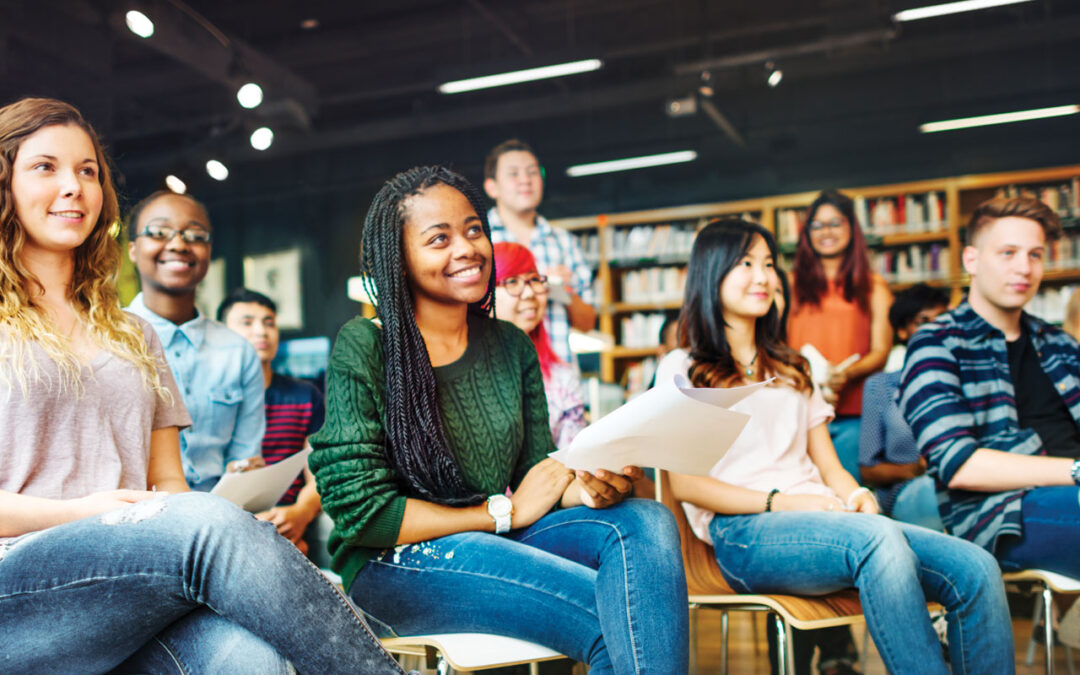A small communication breakdown is enough for everyone to be working on slightly different things, and then you lose focus. (Sam Altman)
– Desiree Panlilio
There is a saying that distance makes the heart grow fonder. I would disagree with that. Relationships take personal time and ongoing communication. Think about people in your life that you are closest with, chances are you communicate with them on a regular basis. Now think of people who you “used to know”, or “we were close at one time”. There may be many reasons why you are no longer close, but all come down to lack of communication with that individual. I believe that communication is the relationship.
Each time we have a conversation with someone we have the opportunity to build the relationship or break down the relationship a little. What does that mean? Word choice, tone, non-verbal communication (body language) are all part of the communication process and can help to nurture a relationship or be toxic and destroy the relationship.
No one person can control a communication interaction, communication is a collaborative process. When we are communicating, talking with someone, we are learning, growing and changing. Who we are is built on our conversations. The knowledge we gain from communicating is an ongoing process that helps us to evaluate who we are and our values. It is incredible how important effective communication is. As human beings we want human contact, but we also want to be a separate individual who is valued and respected for their individuality. How do we learn to communicate better?
It comes by learning to listen. Most of the time when we listen we are thinking of our response, and not focusing on the tone, body language, and words the person is communicating to us. Often, we interrupt before a person has completed their sentence, or we offer a solution to a problem. We are waiting for our turn to impose our values, judgement and solutions onto the person we are communicating with. The average human speaks 115-130 words in a minute but the brain can process 500 words in a minute. Wow! No wonder when someone is talking we stop listening and focus on our own concerns and thoughts. It is a decision, a choice to take the time to listen and create a meaningful conversation.
We must learn the art of listening. It has been called empathetic or mindful listening, but this type of dialogue is a desire to listen and a curiosity to understand what the other person is communicating. It is a willingness to pay attention and respect what the person is trying to communicate. Focus is required between you and the speaker. Stop what you are doing and make eye contact. It lets the speaker know you are engaged and respect them and what they have to say. Encourage the dialogue by asking questions, clarifying for meaning, and paying attention to the response. Reflect on what your understanding is of what the speaker just shared. It allows for clear communication. All of this helps the speaker and listener to discover the meaning of their communication. One of the strong ways to communicate is to paraphrase what the speaker has said and then adding something to it such as a question or a comment. This opportunity builds communication and the relationship.
However, before letting a difference of opinion ruin a conversation or a relationship, consider the following. As individual human beings we want to be treated with respect and what we communicate has value so it is important to acknowledge the opposing point of view to understand that you do not agree with their opinion, but it must be done in a respectful way. One sentence could be, “I hear you but I have a different opinion.” or “I hear you saying ….and I…..” These two sentence structures are examples of ways to communicate a difference of opinion while demonstrating respect and building trust in the relationship. These communication techniques allow for different viewpoints and that the speaker or the listener are expected to be forced to accept the other’s opinion.
Building relationships takes patience, trust, and the ability to have open honest communication. It is always a work in progress, and as we communicate with people, everyone involved in the dialogue grows and changes by the interaction of the communication. So, the goal should be to encourage each other to be the best version of ourselves.

